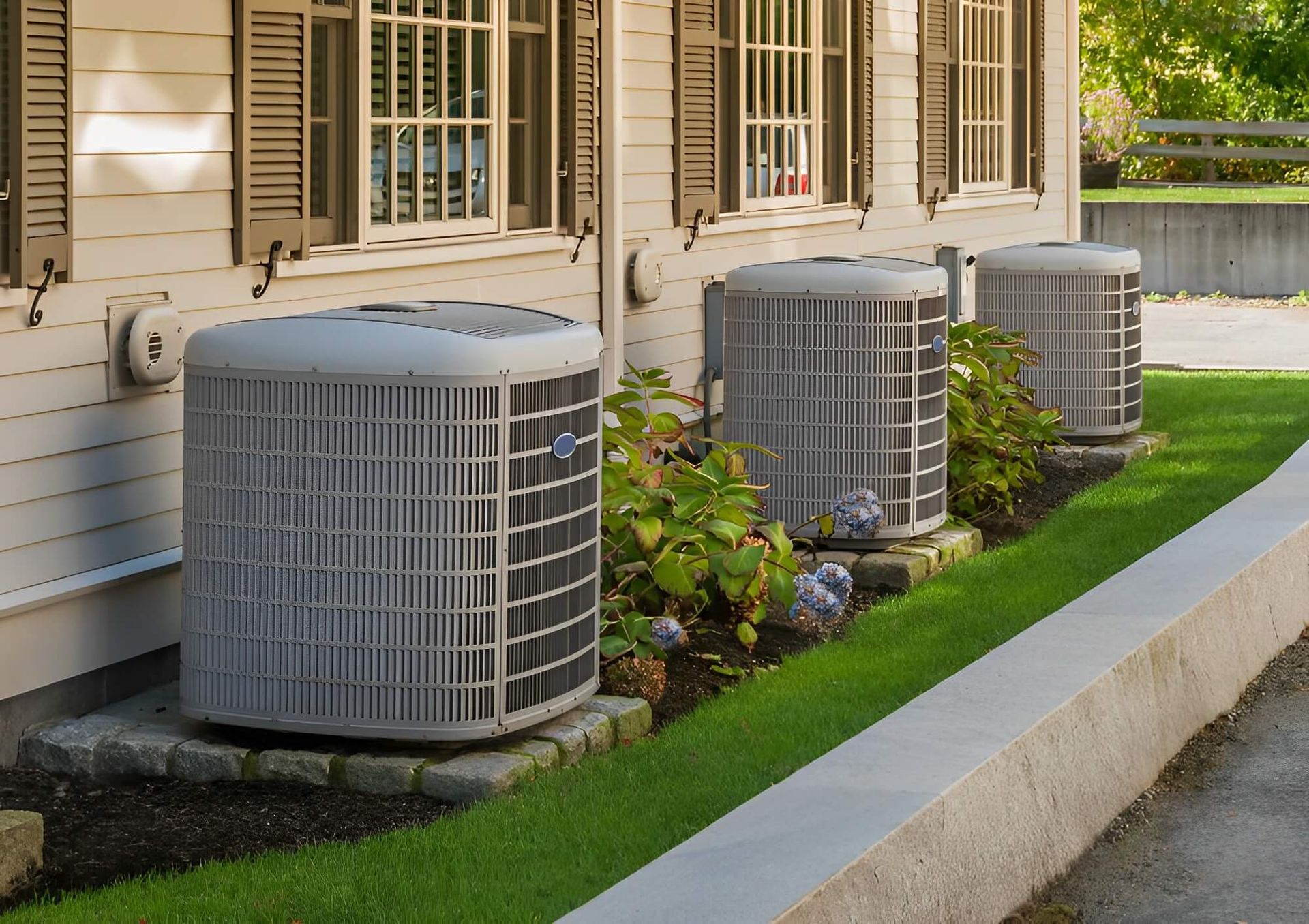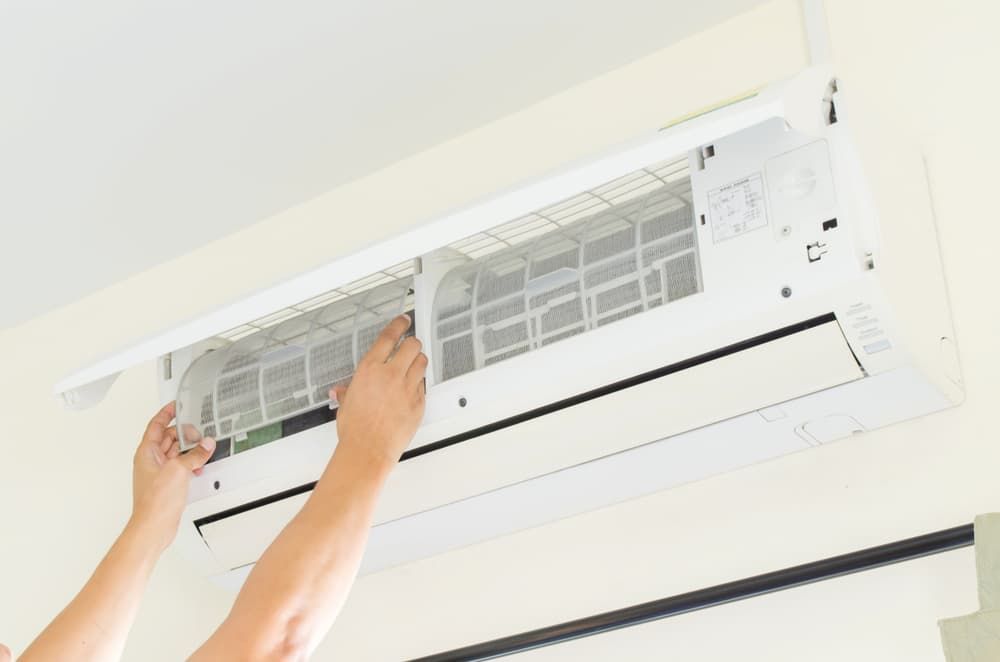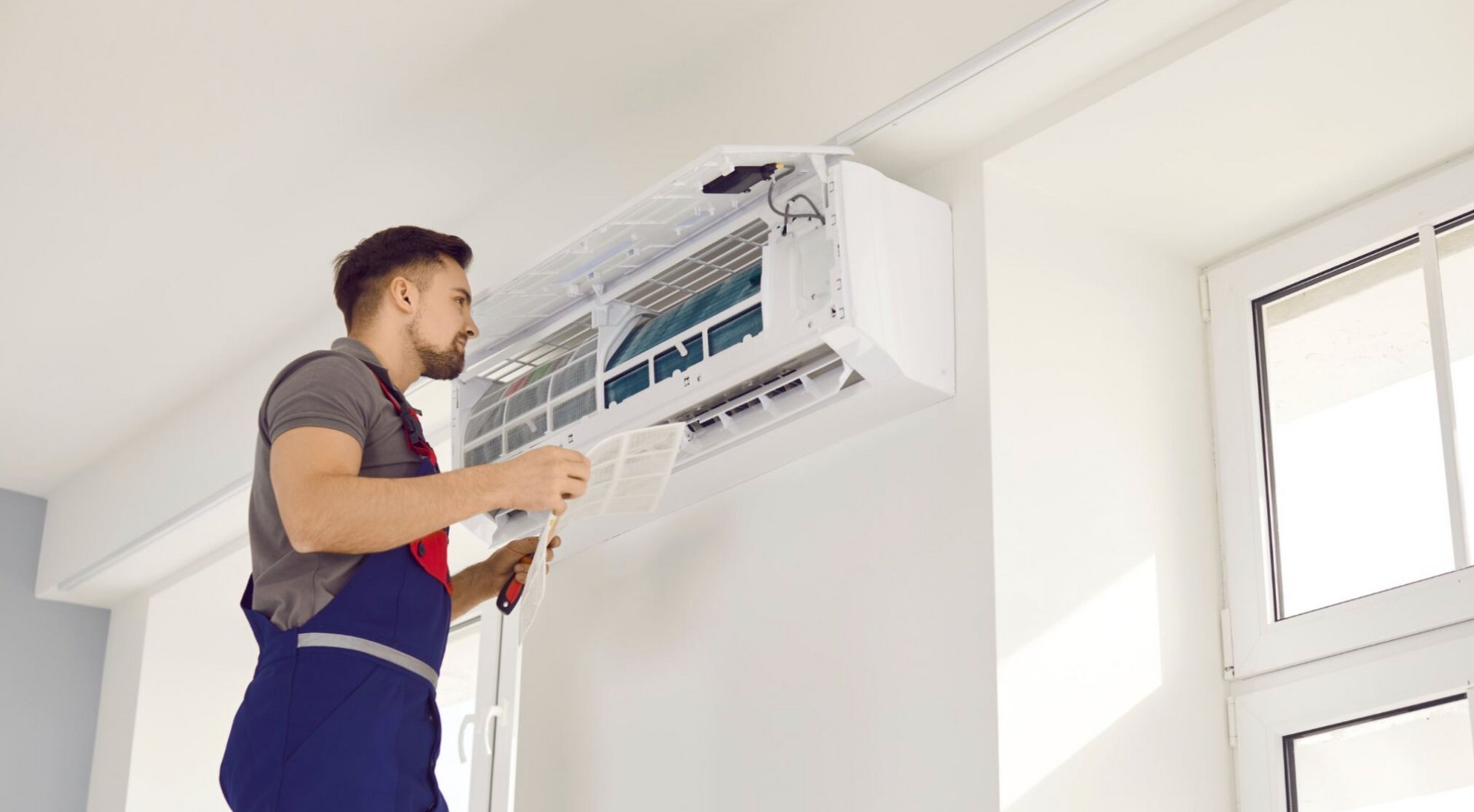Why Your Commercial Air Conditioner Isn’t Cooling Properly
In a busy commercial environment, a functioning air conditioning system isn’t just a luxury—it’s essential for maintaining a comfortable workspace, safeguarding equipment, and ensuring productivity doesn’t grind to a halt. When your air conditioner fails to deliver cool air, especially during peak temperatures, it can lead to discomfort, complaints, and even lost business.
If your commercial system isn’t working as it should, understanding the root causes can make all the difference. Here are a few key reasons your commercial air conditioner may not be cooling properly—and why professional
air conditioning servicing in Dubbo is the best solution.

Clogged or Dirty Air Filters Can Choke Performance
One of the most common and often overlooked reasons for reduced cooling in commercial systems is a clogged air filter. Air filters are designed to trap dust, dirt, and debris, preventing them from circulating through your workspace. But when they become saturated, airflow becomes restricted, and the cooling process is compromised.
Clean air filters are crucial for cooling, energy efficiency, and indoor air quality. Ignoring them can lead to expensive repairs and operational inefficiencies.
- Restricted airflow reduces cooling capacity
- Increased strain on internal components
- Greater energy consumption due to overcompensation
- Risk of internal coil freezing and system shutdown
Low Refrigerant Levels Could Be Undermining Efficiency
Refrigerant is the lifeblood of any cooling system. It’s the substance that absorbs and transfers heat from inside the building to the outside unit. When refrigerant levels are low—typically due to a leak—the system can no longer efficiently remove heat, leading to tepid or uneven cooling.
Unlike residential systems, commercial air conditioners often operate on a larger scale and across multiple zones, so a refrigerant issue can quickly affect an entire floor or building wing.
- Loss of cooling efficiency and temperature control
- Ice formation on evaporator coils
- Unusual hissing or bubbling sounds near the unit
- System running longer to reach target temperatures
Poor Thermostat Calibration May Be Misleading Your System
The thermostat acts as the brain of your cooling system, instructing the unit when to start and stop based on ambient temperatures. Inaccurate readings due to faulty sensors, outdated calibration, or poor placement can lead to erratic system behaviour.
In large commercial buildings, a miscalibrated thermostat can cause certain zones to be too cold and others too warm, undermining employee comfort and causing unnecessary energy use.
- Constant cycling on and off
- Inconsistent room temperatures
- Frequent manual thermostat adjustments
- Failure to reach set temperature levels
Blocked or Damaged Ductwork May Be Disrupting Airflow
Even if your air conditioning unit runs smoothly, blocked or damaged ductwork can sabotage your cooling efforts even if your air conditioning unit runs smoothly. Ducts are responsible for distributing cooled air throughout your building. If leaks, punctures, or accumulated debris occur, much of the cooled air escapes before reaching its intended destination.
Properly functioning ductwork is essential in a commercial setting, especially when uniform cooling is needed across meeting rooms, office areas, and storage zones.
- Unusual temperature differences between rooms
- Whistling or vibrating noises from walls or ceilings
- Dust buildup around vents despite regular cleaning
- Higher-than-expected electricity bills
Neglected Maintenance Often Leads to Reduced Cooling
Routine maintenance isn’t optional—it’s a critical requirement for any commercial air conditioning system. Over time, parts wear down, coils collect dirt, and electrical components degrade. Without regular servicing, your system won’t just lose efficiency—it may stop working entirely.
A professional service team can identify issues early, ensuring your air conditioner stays in peak condition and avoids costly repairs down the track.
- Build-up of dirt on the evaporator and condenser coils
- Loose wiring or faulty electrical connections
- Inefficient system cycling and reduced airflow
- Lack of documented maintenance history
Oversized or Undersized Units Can Affect Cooling Consistency
When it comes to commercial cooling, size matters. An undersized unit may never achieve the desired temperature, running constantly and failing to cool the space. Conversely, an oversized system may cool too quickly, shutting off before it has a chance to remove humidity, leading to a damp, uncomfortable environment.
Proper sizing considers building size, layout, heat load, and occupancy patterns. Therefore, professional consultation is essential when designing or upgrading a commercial HVAC system.
- Constant cycling of oversized units leading to wear and tear
- Undersized units running continuously without effective cooling
- Poor humidity control and increased mould risk
- Equipment failure from system strain
Electrical Faults or Sensor Issues Can Interrupt Operation
Behind every functional air conditioner is a network of electrical systems and sensors. When these components start to fail—whether it’s a tripped breaker, a burnt contactor, or a faulty temperature sensor—the entire system can go offline or operate inefficiently.
Commercial units, with their larger electrical loads and multiple zone controls, are particularly vulnerable to wear-and-tear or inconsistent power supply issues.
- System fails to start or turns off abruptly
- No cooling despite power being on
- Blown fuses or tripped breakers
- Inaccurate readings from temperature sensors
External Obstructions Could Be Restricting Condenser Function
Your system’s outdoor condenser unit needs sufficient airflow to expel heat effectively. If it’s blocked by overgrown vegetation, building materials, or dust accumulation, the condenser coil can overheat, causing a decline in cooling performance.
Because outdoor units are often placed on rooftops or side areas of commercial buildings, they’re easy to overlook during routine operations.
- Poor cooling despite the internal unit running
- Warm air blowing from vents
- Unit running hot or shutting down unexpectedly
- Increased ambient noise around the outdoor system
Book Professional Air Conditioning Services in Dubbo
If any of these issues sound familiar, don’t delay—a minor cooling problem can quickly escalate into a major system failure. Getting your commercial air
conditioner inspected by a licensed technician ensures better comfort, improved efficiency, reduced downtime, and longer equipment life.
At Williams Oriel Services, we provide comprehensive commercial air conditioning services in Dubbo. From diagnosing poor cooling performance to delivering prompt repairs and tailored maintenance, our team is committed to keeping your systems running reliably.
Don’t let a cooling issue disrupt your business.
Get in touch with us for expert assistance with your air conditioning in Dubbo.







